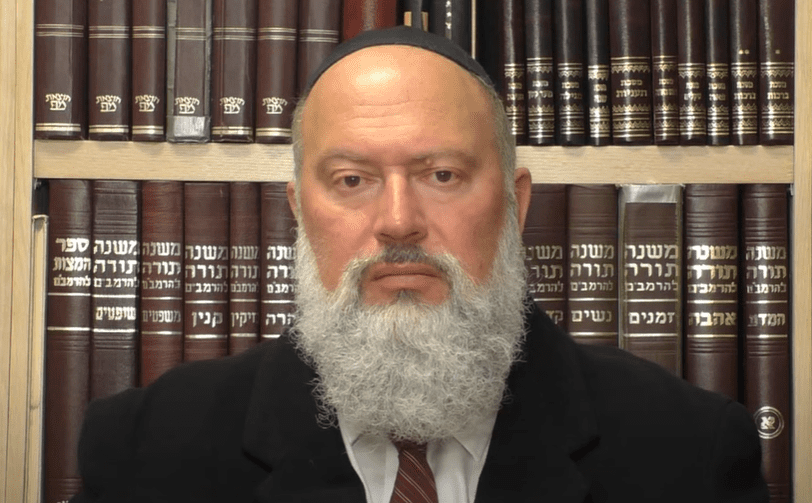There is a prominent school of thought by many religious Jews that compel all to adhere to the advice of medical experts on matters of medical procedures such as the Covid vaccine. In many cases, skeptics are often labeled as sinners who are indirectly responsible for corona-related deaths.
What the Talmud says
Rabbi David Bar-Hayim holds that the Torah says that we must question medical experts and bases his position on Torah sources and writings from Chazal (sages).
In a recent lecture on the matter, the prominent rabbi opens with a quote from the Talmud in Masechet Sanhedrin 18b which prohibits the king from being appointed to the Sanhedrin since no one is allowed to contradict the king. This will cause junior members of the assembly council to be afraid to voice an opinion that they fear will contradict that of the king suppressing the necessary debate and deliberation that is needed for a just ruling to be executed. This tractate is used by the scholar to demonstrate how conflicts of interest in positions of influence can corrupt processes that are meant to serve the public.
High Priests in a leap year
The rabbi also uses the example of a High Priest who may not declare a leap year as an example of someone who is in a position of power can become corrupted. That’s because it is in the High Priest’s interest that Yom Kippur, a day where he needs to not only immerse himself in cold water naked but also wash his hands and feet ten times, has an interest in adding an extra month to the year so that the holiday will fall when it is warmer outside.

Untainted and impartial
The risk of expressing an opinion
Receiving flack
The rabbi continued running hypothetical scenarios of conflict of interest saying: “I think for example this doctor may say to his patient: I think that there are certain risks involved and I would not recommend it. But he also may know that if word gets out that this is what he said to a few people who consulted with him he may receive flack and it may be much more than flack. He may be intimidated. He may be warned the first time and told that if you say such things again which impact our hospital or our medical services like in Israel…this is not our policy and you cannot work for us and express such opinions.”
The shortcode is missing a valid Donation Form ID attribute.




